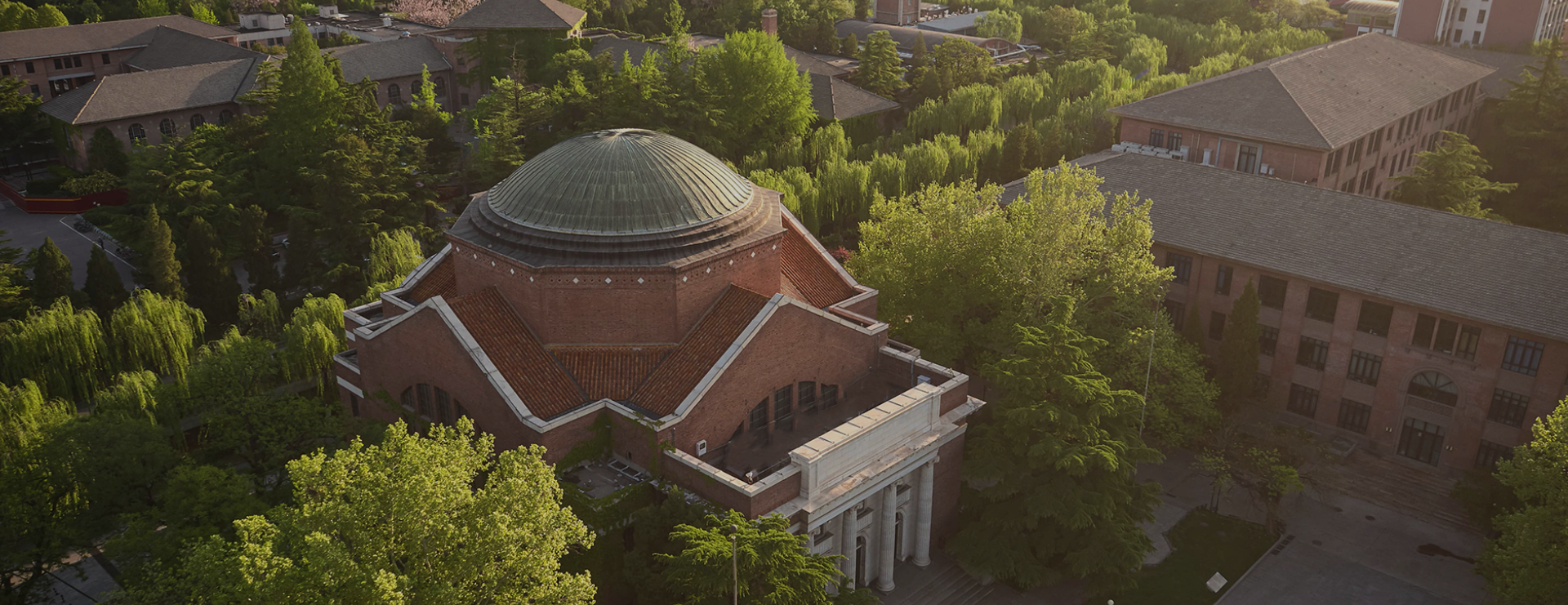Many clinicians have referred to a COVID-19 drug developed by Zhang Linqi as a "miracle medicine" after seeing their patients' lasting fever symptoms diminish quickly following an injection of the drug.
A virologist at China's Tsinghua University, Zhang led his team to create a cocktail therapy of monoclonal antibodies BRII-196 and BRII-198, which cut hospitalizations and deaths by 80 percent in human trials and appears to work well against all existing variants.
It took just 18 months for the Chinese drug to be developed and receive regulatory approval.
"In less than two years, we finished a job that would otherwise take at least 10 years," Zhang said.
His latest research uses a deep learning approach to help his team obtain antibodies that can neutralize the coronavirus and its variants at a faster pace.
Anti-COVID-19 research results from Chinese institutes, universities and enterprises have been published in international academic journals every two or three days since January. Chinese scientists are contributing their wisdom, experience and painstaking efforts to enhance the human capacity to cope with the deadly virus.
While the Academy of Military Medical Sciences presented an mRNA COVID-19 antibody that provided lasting immunity in mice, Fudan University created an adenovirus vaccine candidate designed to give dual protection against both COVID-19 and influenza viruses.
Researchers at the Chinese Academy of Sciences (CAS), China's top academic institute, are working on an inhalable antibody with low cost and large-scale production advantages, while pharmaceutical companies in Shanghai and Suzhou have commenced global trials of a co-developed oral drug for moderate and severe COVID-19 cases.
Speaking to press at the fifth session of the 13th National People's Congress earlier in March, Minister of Science and Technology Wang Zhigang said that China has had fruitful beginning to its development of COVID-19 vaccines and drugs, with several candidates being granted market approval or undergoing clinical trials.
"The more tools to tackle COVID-19 that science and technology can provide, the better our anti-pandemic measures can become," the minister said.
None of this progress has come easily. China's impressive pace of medical research is the result of the long-term hard work of Chinese scientists.
Wang Qihui is a CAS virologist. Since January 2020, when Wang first volunteered to work on COVID-19, she has been racing against the clock to find ways to defeat the virus.
Tasked with finding effective antibodies in a short time, Wang led her team to conduct experiments day and night. She once stayed in her laboratory for two weeks, sometimes forgetting food and sleep.
Five months after the initial outbreak of the novel coronavirus, her team announced that JS016, a COVID-19-neutralizing antibody that they had developed, could be administered to healthy people in clinical trials. In November last year, the antibody was granted emergency-use authorization in 15 countries, including the United States and several European countries.
Lots of sacrifices were made in this process. Right before the results of the COVID-19 antibody study came out, Wang Qihui experienced neurological deafness because of high stress, which led to temporary hearing loss in her left ear.
She was hospitalized for five days after a doctor warned her that, in the absence of timely treatment, she could develop permanently impaired hearing.
The scientist has since recovered and is determined to make greater contribution to the fight against the pandemic. She has resumed her COVID-19 research, working to develop a nasal spray antibody drug and an mRNA vaccine.
Wang Qihui attributes her achievements largely to her previous experience in the field of viral infectious diseases, such as Middle East Respiratory Syndrome (MERS) and the Zika virus.
Zhang Linqi and his team, like Wang, have used their determination and wealth of experience in responding to new pathogens to deal with the pandemic.
Zhang has devoted 30 years to the study of HIV-1 pathogenesis and vaccine development, and to emerging and re-emerging human viral pathogens such as MERS, Ebola and the Zika virus.
"The development of a treatment drug and a vaccine sounded lighting fast, even to me, but it benefited from years of research on antibody drugs and HIV vaccine development," Zhang said when asked how the COVID-19 antibody drug he developed was created so quickly.
Inspired by the "AIDS cocktail," a combination treatment of three or four different medicines for people with HIV/AIDS, Zhang and his team selected 206 monoclonal antibodies and whittled the number down to two, creating their COVID-19 cocktail therapy.
It has demonstrated an improved performance in resisting virus mutations and maintained longer activity in the human body compared to similar therapies consisting of only one antibody.
Xiamen University, which has also accumulated significant experience in vaccine development, is a major research force in the fight against COVID-19. It was also one of the first institutions to receive global virus research donations.
Emerging technologies are involved in COVID-19 research. Tech giant Baidu has licensed its mRNA sequencing algorithm to French vaccine maker Sanofi for use in the design of COVID-19 vaccines and therapeutic products. According to the Chinese company, the algorithm can accelerate the research.
Zhang also stressed that interdisciplinary collaboration is very important in his work. He collaborated with Tsinghua biologists to decipher the structure of the virus, and with Shenzhen clinicians to isolate monoclonal antibodies in convalescent patients. These partnerships accelerated the development of China's first COVID-19 antibody drug.
"Scientific research is to explore the unknown in blind zones. We scientists not only need strong hearts and big brains, but also partners to support us. Even if we fail, we are not alone, as there are many people supporting us," Zhang said.
Editor: Guo Lili

